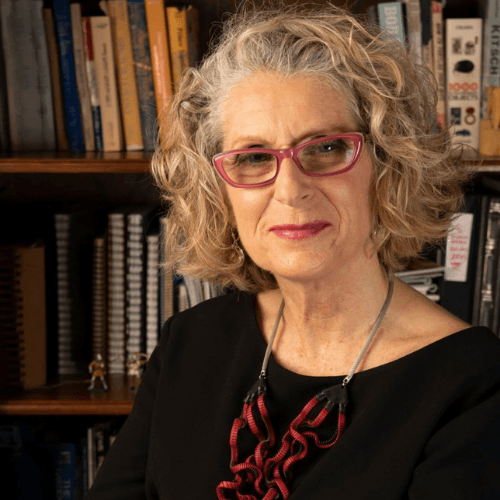Hey Mr Fundraiser: stop asking your board members to trespass
- Written by
- Simone Joyaux
- Added
- September 02, 2015

Fundraisers must stop asking their board members to trespass on personal and professional relationships. This all-too-typical tactic makes board members uncomfortable, thus making them reluctant to help. Furthermore, it doesn’t produce loyal donors or sustainable gifts.
So stop it. Stop it now.
Trespassing is when you ask your friends or colleagues to give gifts and buy tickets... just because they are your friends and colleagues. This is the personal and professional favour exchange. This is obligation to a person rather than a cause. It’s a lousy way to raise money. It’s offensive. It alienates the asker and the person being asked. And it’s not sustainable.
Here’s an example. I live in Rhode Island. My mom lives in Michigan, where I grew up. My mom gives money to the Women’s Fund of Rhode Island (www.wfri.org), a social justice organisation that I founded. Why? Because I’m her daughter, she likes me. I suppose she admires me for the work I’ve done. I know that she’s a liberal, committed to equity. That’s what my mom and dad taught me growing up.
But if my mom were really interested in levelling the playing field for women and girls she could give more money. I know her financial situation. And if she were really, really interested in this cause she could give to the women’s fund in Michigan.
She’s giving because of me. And now that I’m no longer on the Women’s Fund board I suspect she’ll stop giving. The commitment was, mostly, to me.
How often have you, as a fundraiser, asked your board members to name names? How often have you asked them to bring in a list? Did you ask your board members to write notes on the letters that you planned to send to their list?
Alienating friends and colleagues doesn’t produce loyal donors

I say again, trespassing is a bad idea. It alienates board members. It alienates the friends and colleagues of board members. It doesn’t produce loyal donors or sustainable gifts.
Instead, ask your board members to identify those they think might be interested in your cause. In fundraising, the term ‘suspect’ is often used. I find that offensive. I talk about identifying those who might be predisposed to help the cause.
For example: when I founded the Women’s Fund of Rhode Island, I began identifying those whom I thought might be have a link with their work. I thought about my friends and business associates.

I certainly know the interests of my friends. I know which ones are interested in equality for women and girls. So I introduce them to the Women’s Fund. I don’t ask them for money, I invite them to learn more. And through that invitation and cultivation process, I am able to qualify them as a prospect, or realise that they are not sufficiently interested to be asked for a gift.
When I talk with people – new people I meet, business colleagues – I’m getting to know them and they’re getting to know me. That’s what happens in human conversation, we learn about each other. Even the most casual conversation gives us clues about people’s interests and disinterests. For those who seem predisposed to improving the lives of women and girls, I invite them to be introduced to the Women’s Fund. Through the introduction and cultivation process the Women’s Fund qualifies them as a prospect – or not.

Now Ms Board Member it’s up to you
So Mr Fundraiser: ask your board members to identify those who might be predisposed to give to your organisation. Show them how to do it. Give them the tools. Provide the guidance and support. Quit asking them to trespass! See more about this process in Keep Your Donors: The Guide to Better Communications and Stronger Relationships, Chapter 7 (Wiley, 2007, USA).
And now, Ms Board Member it’s up to you. Are you willing to use your political and social capital to help this organisation? Your answer must be yes. You must identify friends and colleagues who might be interested in the cause. You must pay attention to what interests those you connect with in your personal and professional lives. If there’s a connection between the cause and their interests you must introduce them to the cause in an appropriate manner.
Please know, Ms Board Member, this process of identifying the predisposed and nurturing relationships, well, it’s essential to the health and effectiveness of your organisation. This process is about building a tribe of people and businesses that will support the cause. And supporting the cause means much more than money. Supporting the cause means volunteering, including board service; talking about the work positively in the community; sharing ideas and insights and, for some, investing money.
Please know, Ms Board Member, that one of your major responsibilities, as a board member, is to identify those who might care and to nurture loyal relationships to the cause. We fundraisers and other staff will help you to do this important work. And we thank you.
But if you’re not willing to do this work, Ms Board Member, get off our board. Go away.


















